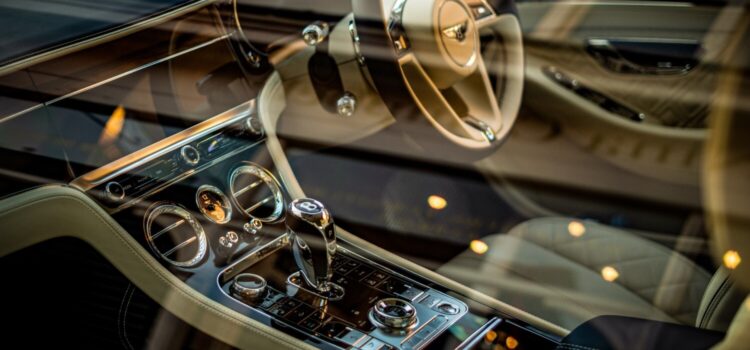
Over the past few years, the automotive industry has understood the importance of developing technologies. The recent technological advancements have brought significant changes in the ways of manufacturing, operating, and maintaining vehicles. Today, the makers of automobiles are trying their best to reduce environmental impact and preserve the natural resources.
They are leveraging the brilliance of electric, hybrid, and solar energy systems. This has been done with an aim to replace internal and external combustion engines and gas-fed engines. The current economies in the Middle East are changing rapidly. This change has been brought about by the rise of new technologies, changing consumer preferences, and sustainability policies.
Connected cars
The connected cars technology has greatly influenced the Middle East region. One big reason for this is the strong initiatives taken by the government and changes in consumer behavior. National Sales Companies and Original Equipment Manufacturers are rapidly embracing this technology.
Besides, this region is home to abundant and inexpensive oil. To achieve the environmental balance, the government is actively promoting hybrid and electric vehicles. Automated public transport is also being promoted.
Automotive Sensor Technology
There’s a major trend driving the automotive industry’s growth in the Middle East region. This trend is of improved capabilities with regards to communication. Another trend is of miniaturization that integrates such capabilities in vehicles without any interruptions in the vehicle’s basic functionalities. The automobile industry in the UAE has been showing the potential of becoming more standardized.
It has happened owing to an increase in the level of competition. Stringent regulations have been imposed by the ruling authorities to ensure driver safety. The manufacturer has to pay heavy penalties in case any irregularities are found. As a result, automotive sensor technology is becoming important among the original equipment manufacturers in the region.
Self-driving vehicles
GCC is often considered as one of the unsafe places to drive in the world. Governments in the developed economies of the Middle East believe that this would change by bringing in self-driving vehicles. With a considerable support from the UAE government, the companies in the country are willing to test self-driving technology.
The Dubai government has already announced a city target. According to this target, one in four residents in the UAE must be using driverless vehicle by 2030. It is a part of the smart city concept in the country.
Government regulations
New entrants have been facing several challenges in the UAE. This is mainly due to the stringent regulations implemented by the government. One such regulation is ‘one dealer per automobile manufacturer’. Owing to the increasing concerns over global warming, the government has also imposed some strict laws.
This has resulted in manufacturers having to pay additional compliance and technology costs. This ultimately raises the overall cost of vehicles.
Implementation of VAT
For UAE’s automotive industry, the biggest challenge is the introduction of Value Added Tax or VAT. This was introduced from the 1st of January, 2018. A tax of 5% is applicable on all new vehicles in the country. To overcome this challenge, the dealers are focusing on attracting maximum customers. They are being offered added value to the deals. This has increased the savings of fleet buyers.
